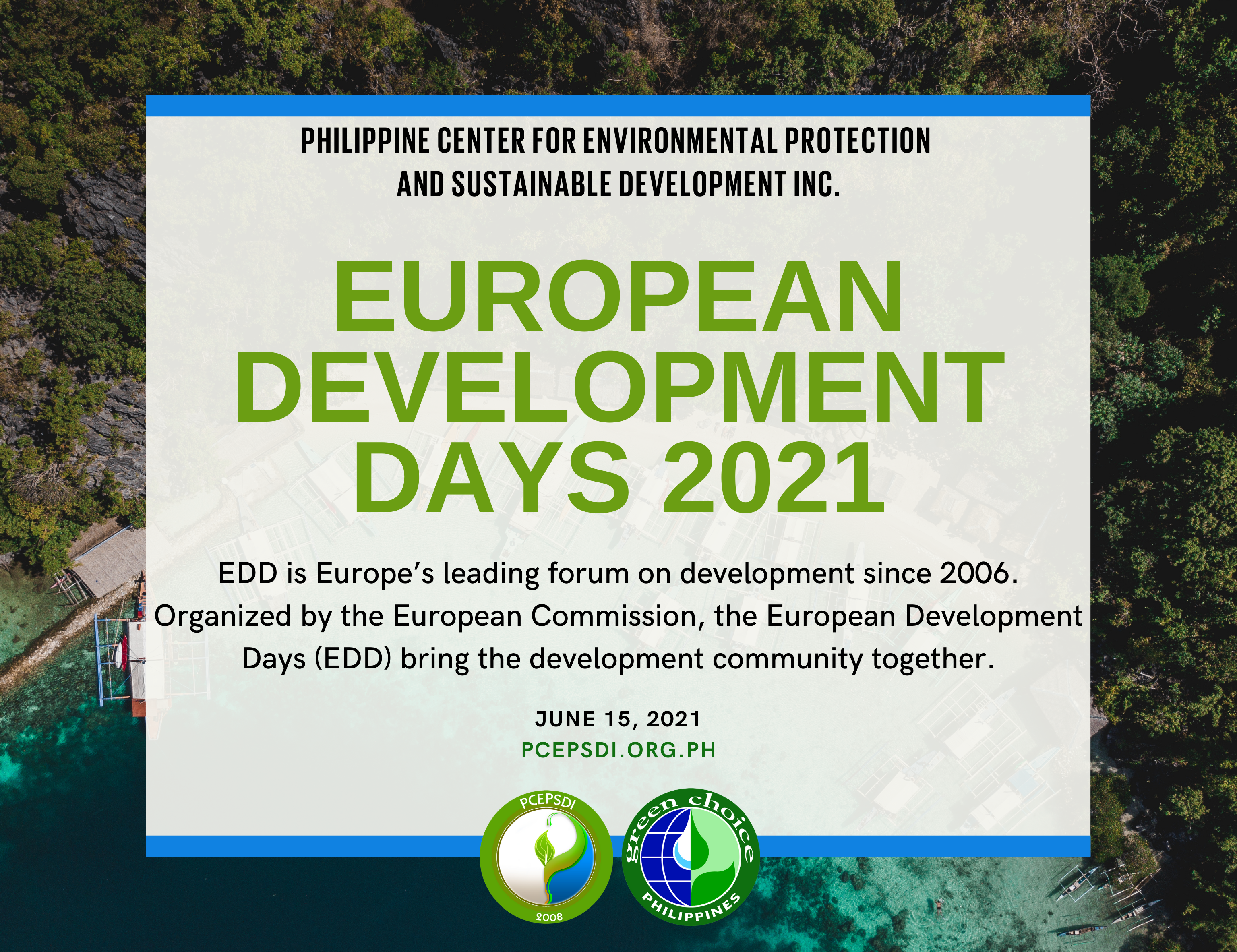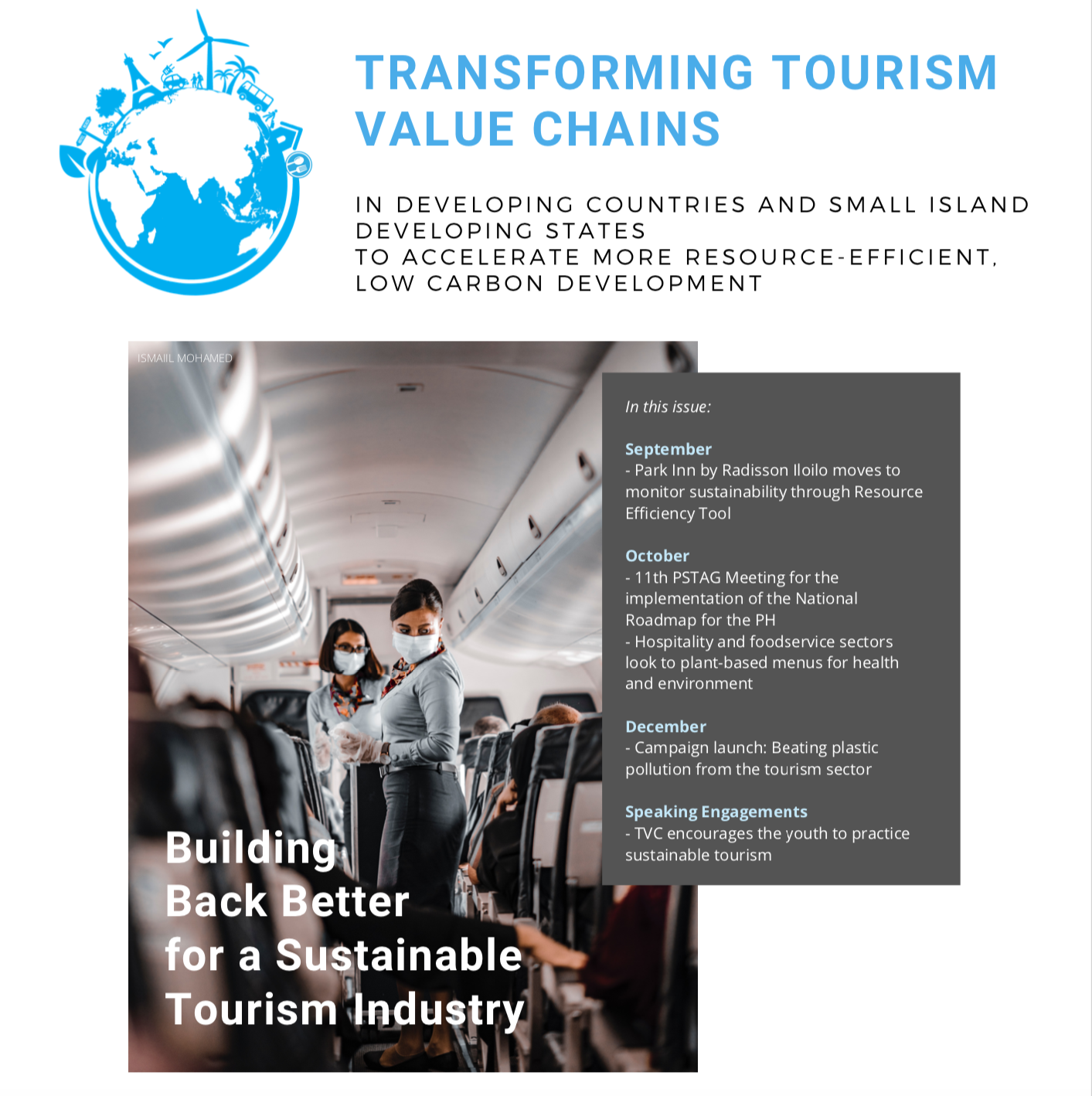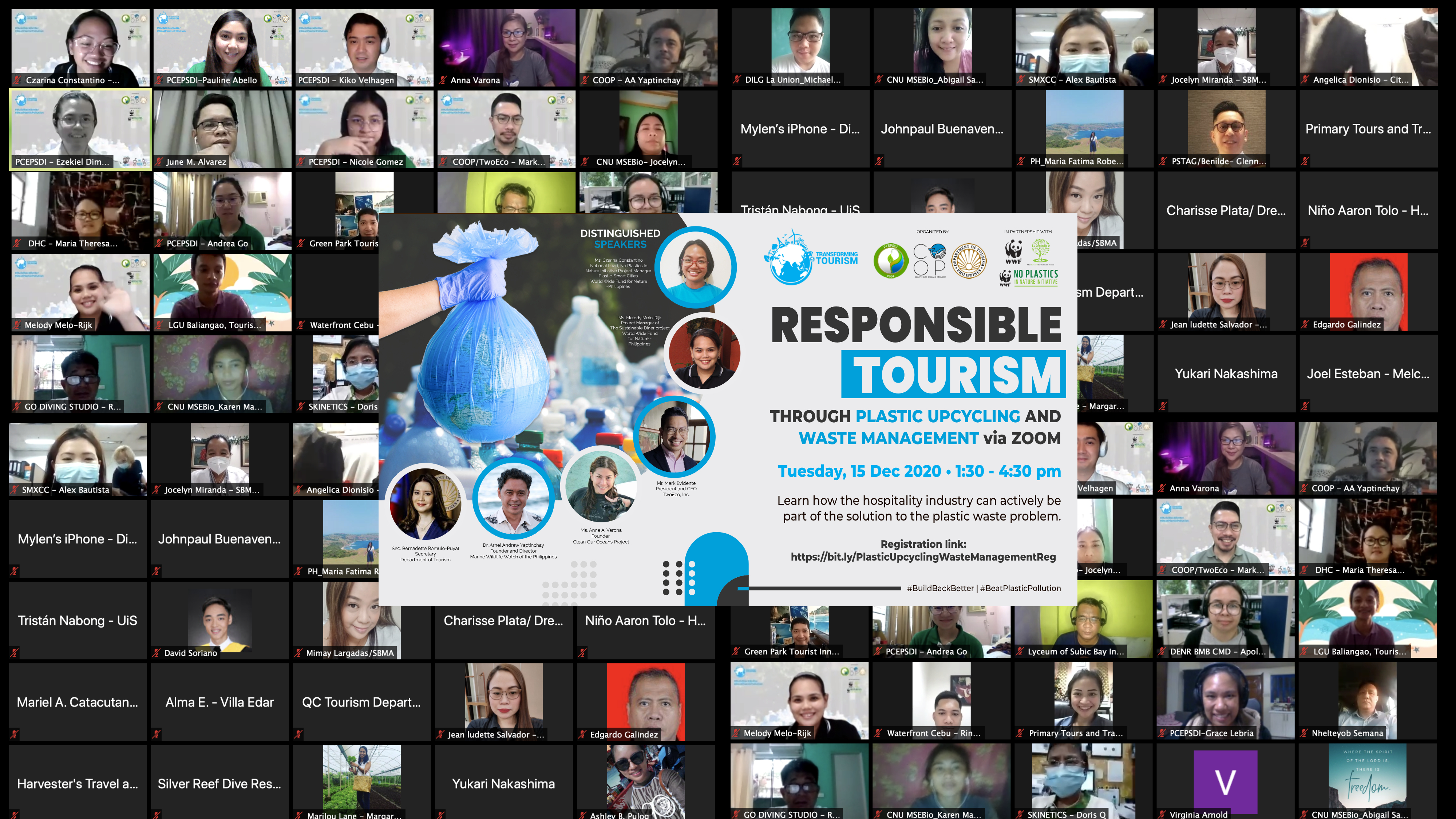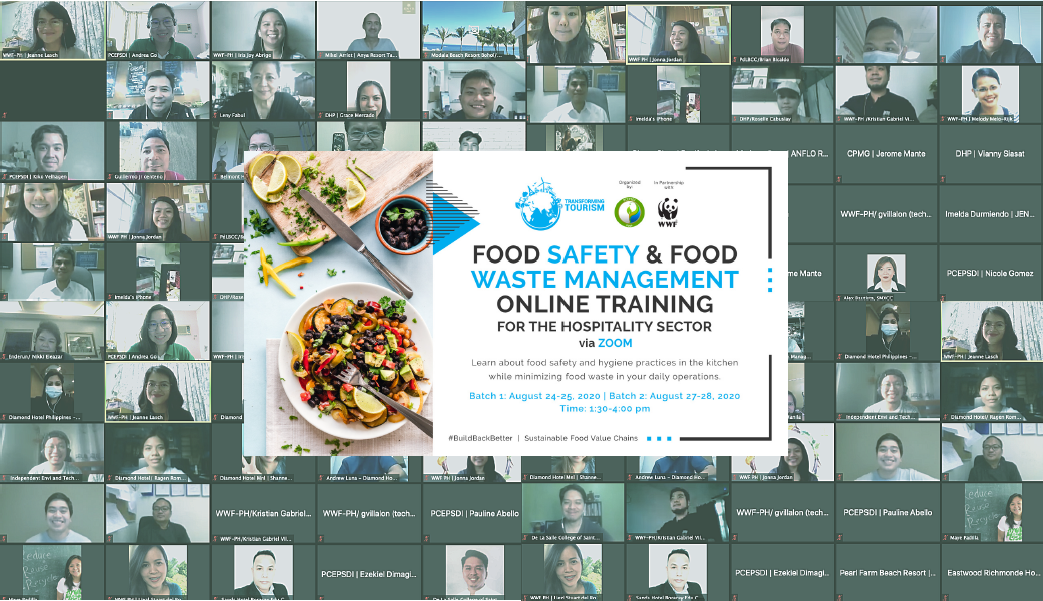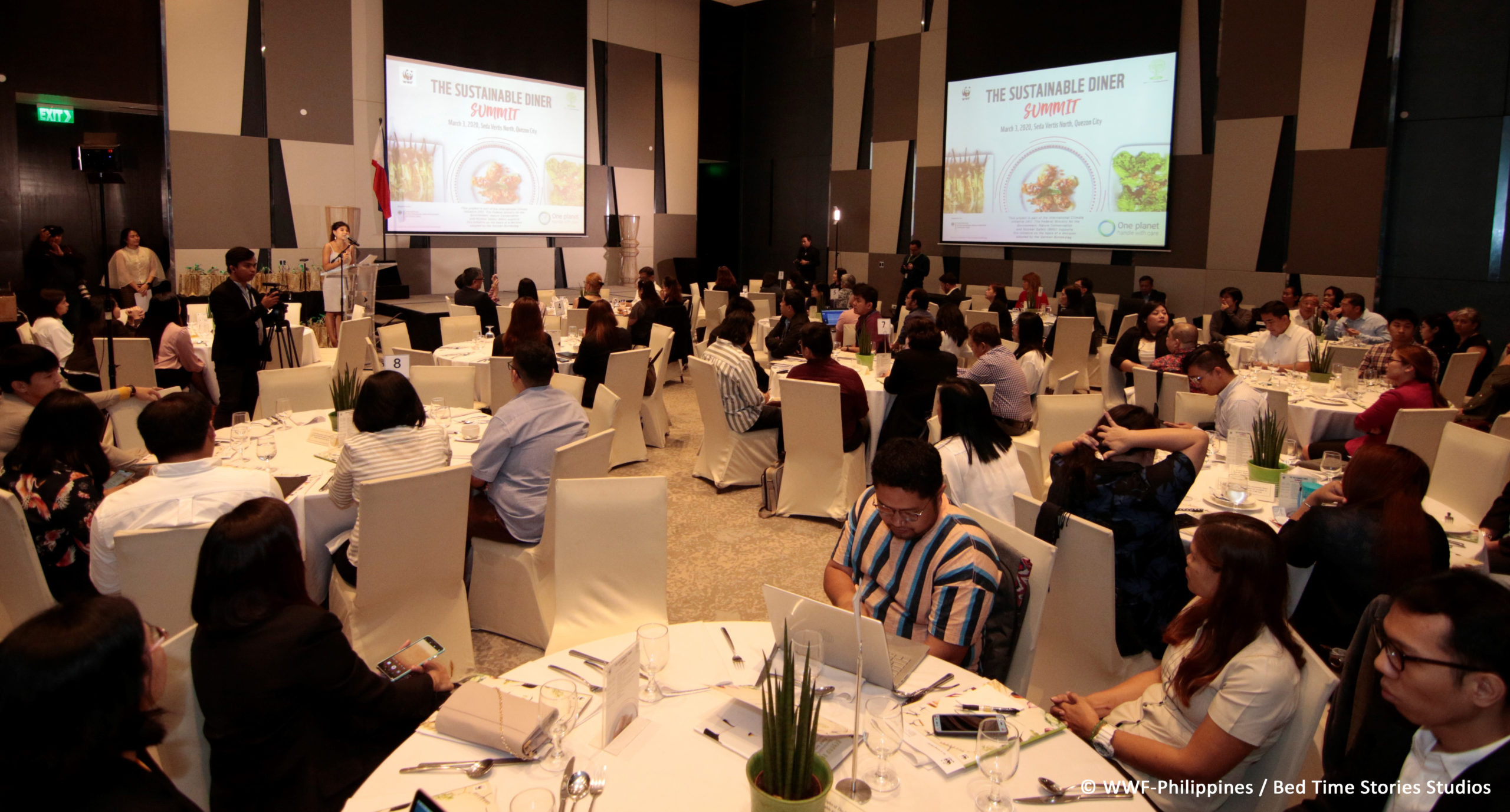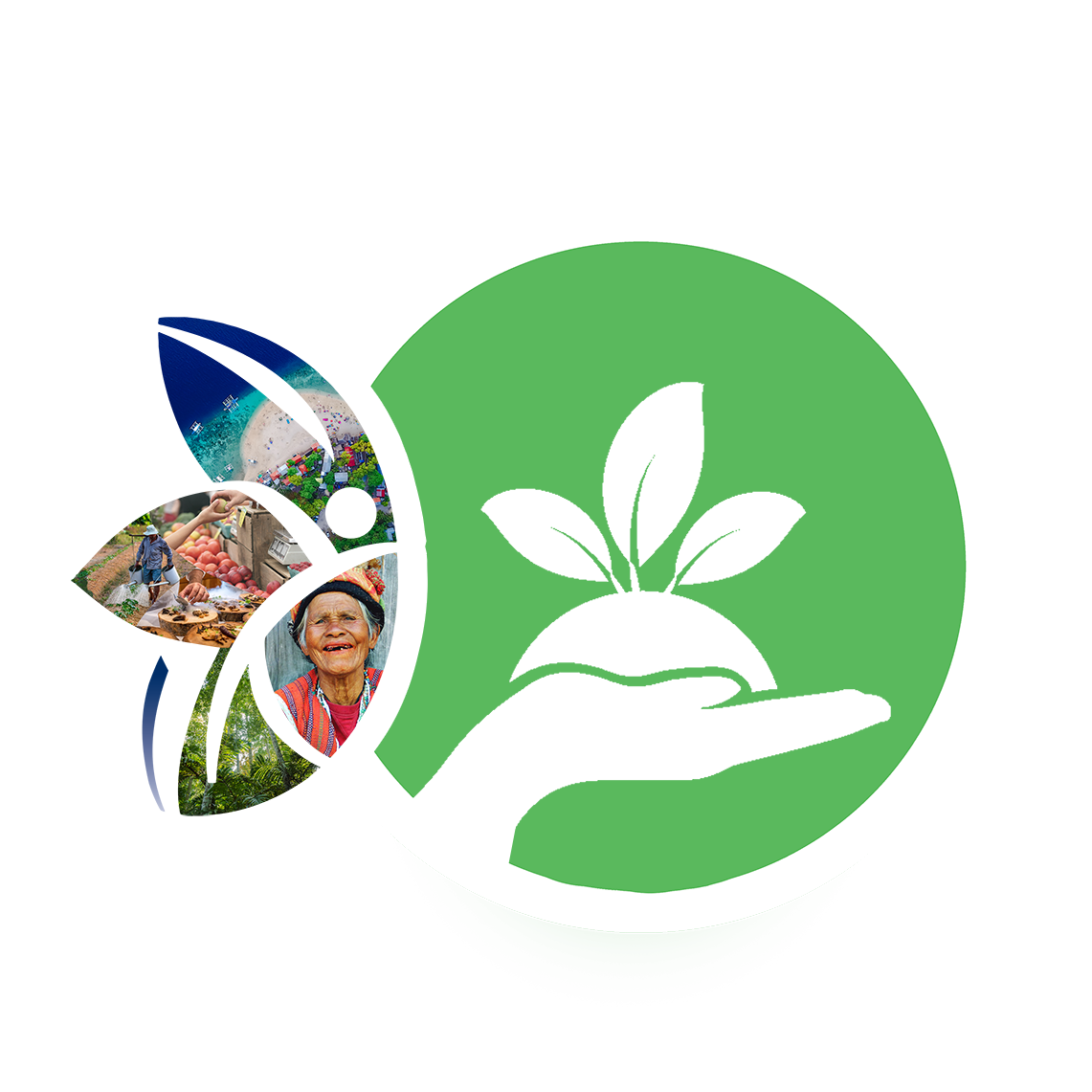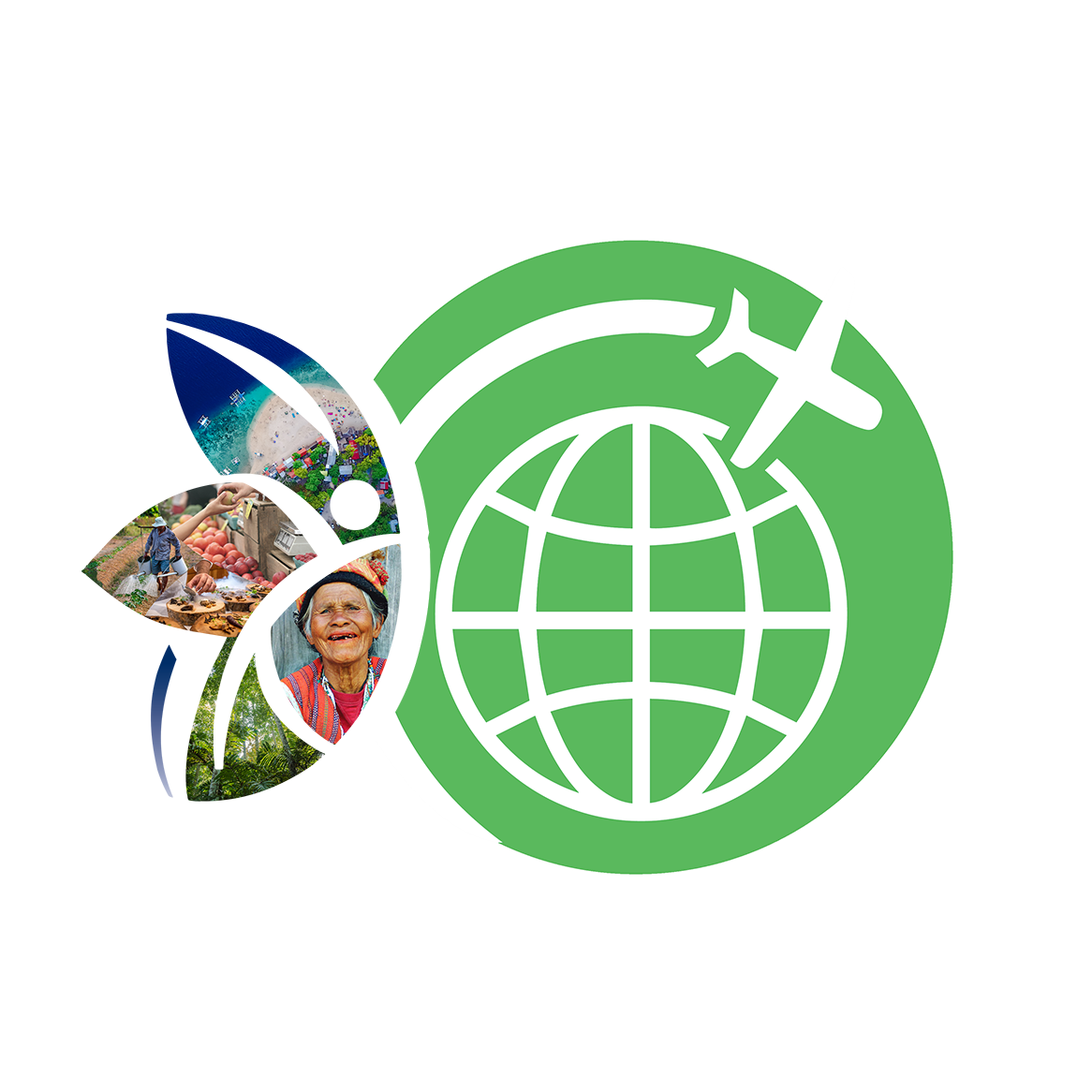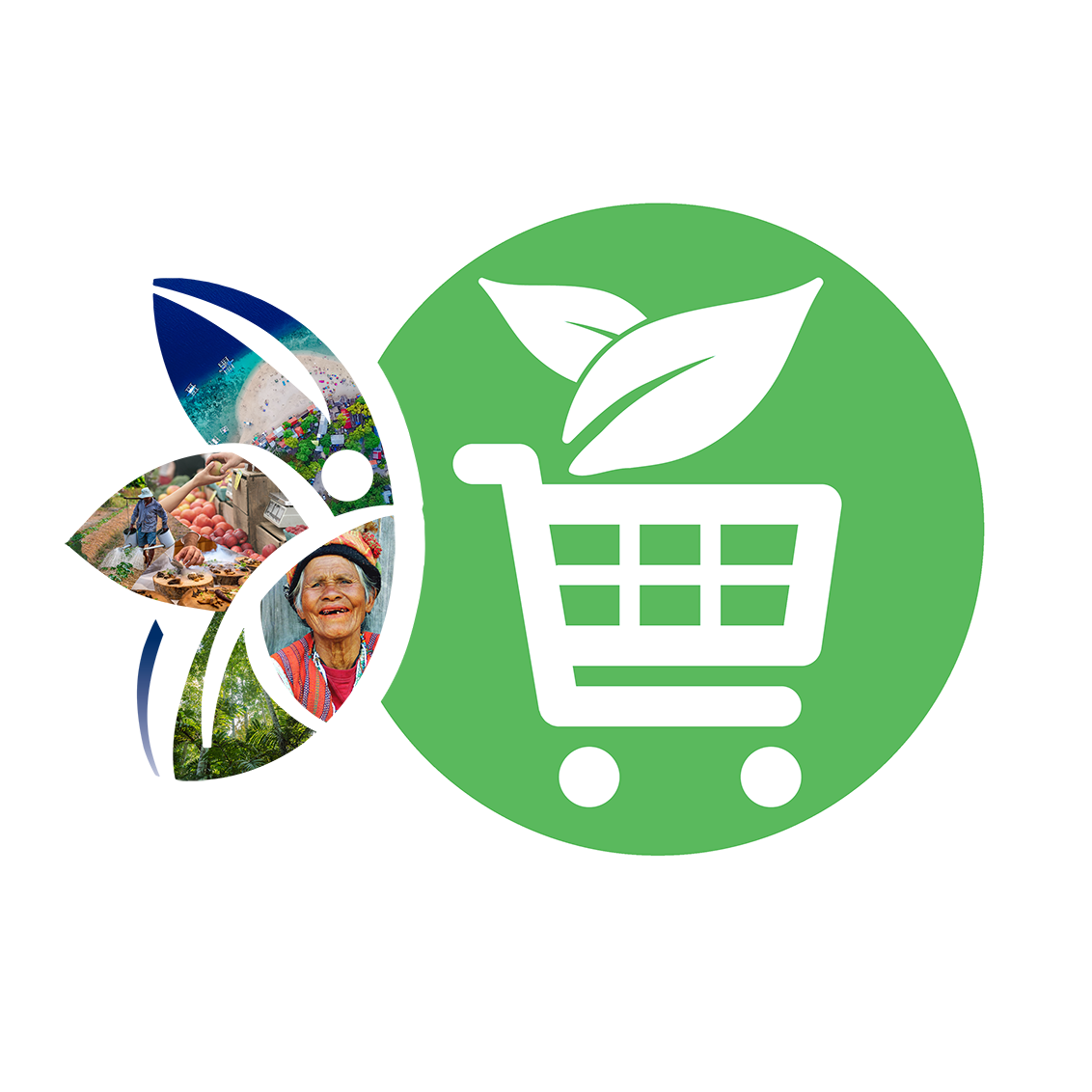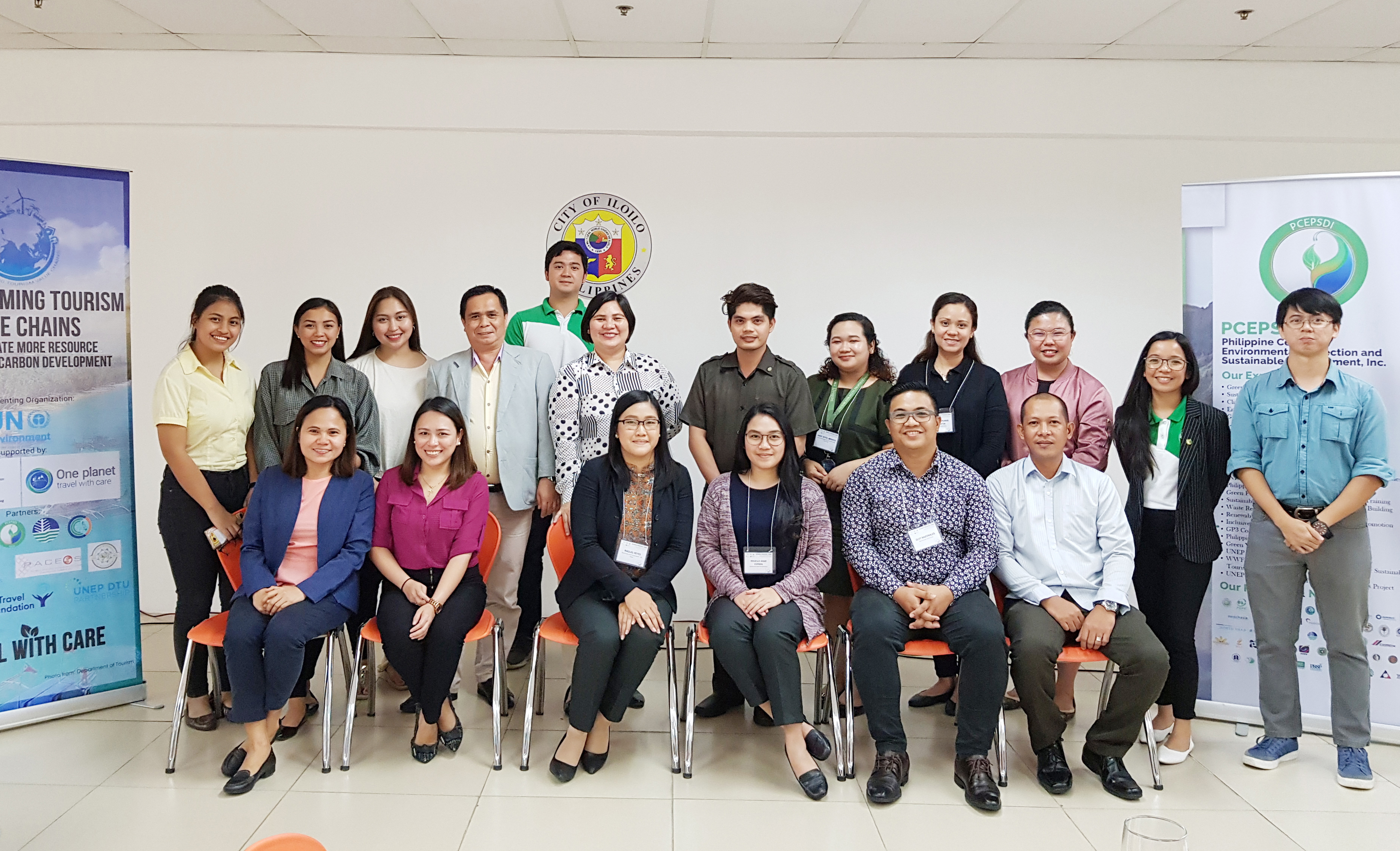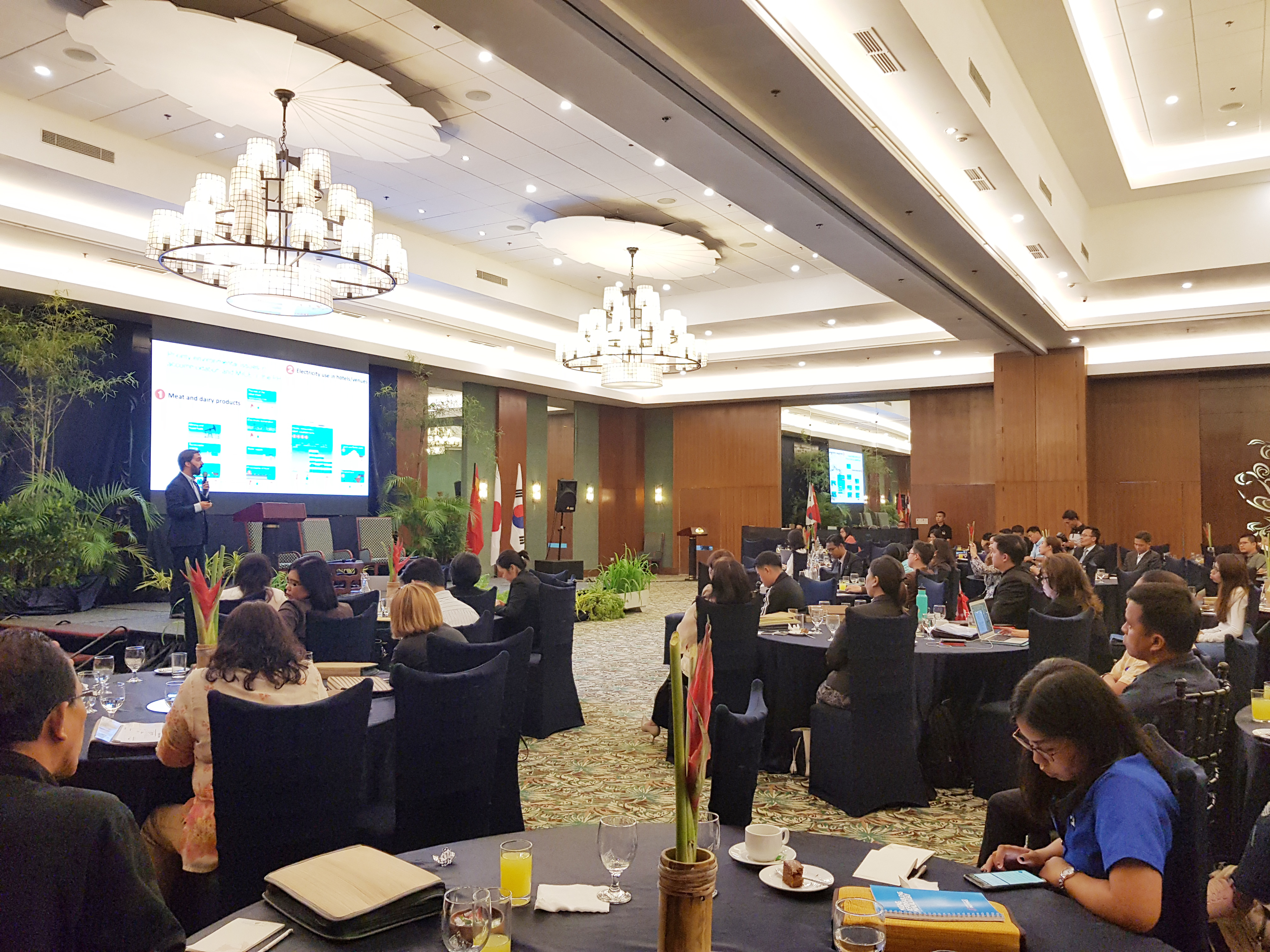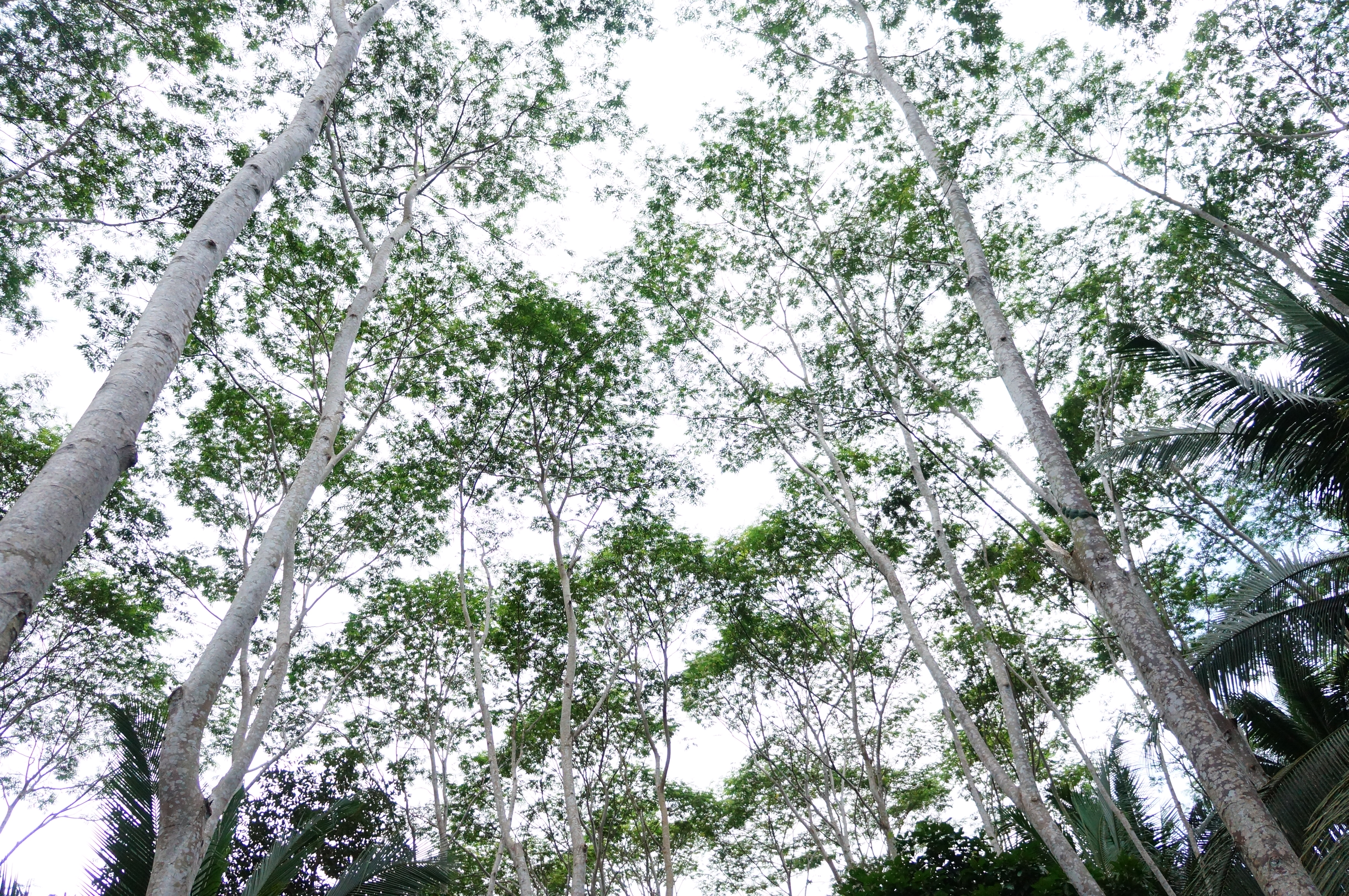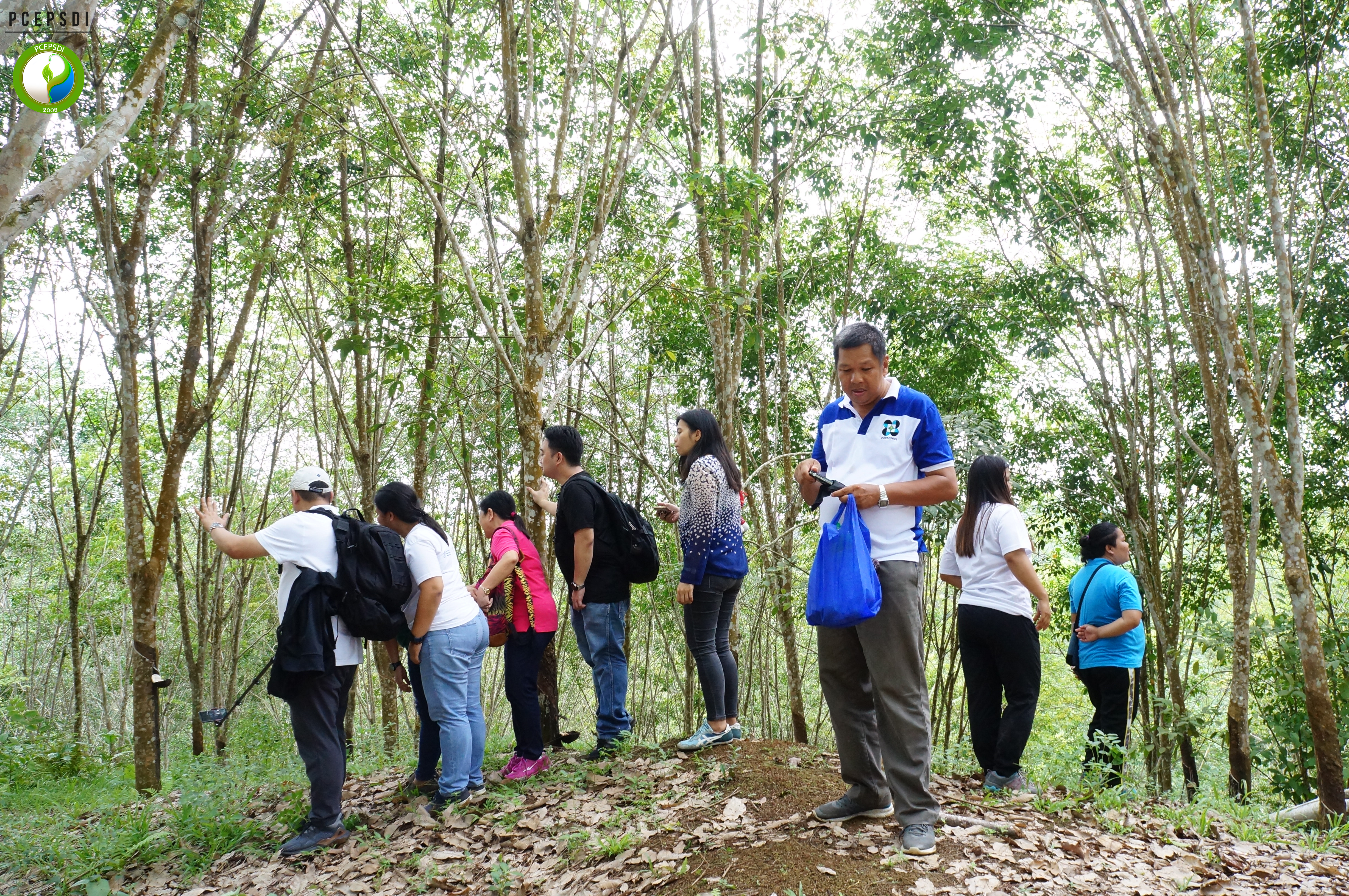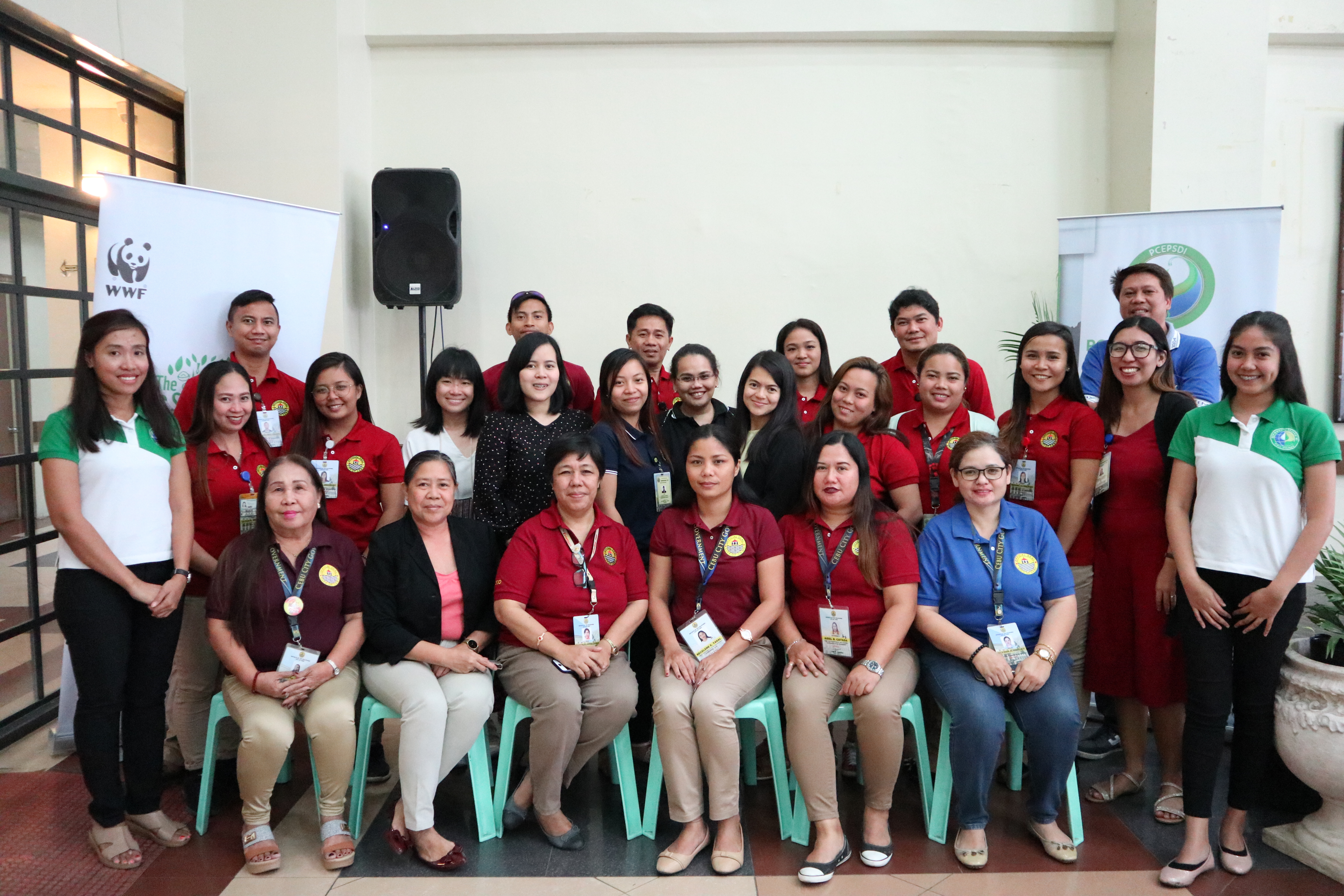On October 28-29, 2020, the Philippine Center for Environmental Protection and Sustainable Development, Inc. (PCEPSDI), through the Transforming Tourism Value Chains (TVC) project, has successfully conducted its second online training for tourism stakeholders entitled Low-Carbon Menus: Plant-based Culinary Training for the Hospitality Sector. As the TVC project continues to support the hospitality sector in enhancing sustainability performance, it also aligns with the Roadmap for Low-Carbon and Resource-Efficient Tourism in Philippines, which advocates four systemic solutions to advance sustainable tourism. These solutions are sustainable food value chains, sustainable events, waste reduction and management, and sustainable energy. The plant-based culinary training is designed under the TVC project to specifically support and implement sustainable food value chains by teaching stakeholders how to make their menu offerings healthier and more environmentally-friendly. The training was hosted by PCEPSDI in collaboration with Humane Society International (HSI), an organization that works for the protection of all animals through the use of science, advocacy, education and hands-on programs. PCEPSDI and HSI designed the training as a campaign to encourage low-carbon menus through plant-based cooking and baking. Specifically, the training aimed to introduce to hotel and restaurant managers and event organizers the basic principles of meat reduction and animal welfare; to discuss how a plant-based diet can have a positive environmental impact, and how proper nutrition can be integrated in a plant-based diet; and to train hotel and restaurant chefs and food caterers how to create meat alternatives, and egg and dairy-free dishes. The training had two lecture presentations during the first day, and a series of cooking demos during the second day. This training was supported by the Department of Environment and Natural Resources (DENR) – Environmental Management Bureau (EMB), as represented by Mr. Albert Magalang, Chief Environmental Management Specialist, from the Climate Change Division, who gave the welcoming remarks for the two-day training. He notably mentioned the relevance of the training, saying that “… this training supports the plant-based program of DENR, … considering that reducing meat intake can mitigate overall greenhouse gas emissions”. He also stated that there is a need to transform the way people produce and consume food which demands for more sustainable practices in the food industry and more climate-friendly dietary habits. Shifting to plant-based diets leads to improved human health and environmental health, as shared by Mr. Jake Brandon Andal, RND in his discussion on meat reduction, animal welfare, and sustainability. Hotels and other tourism establishments, through their restaurants and catering, can then create much positive environmental impacts and health benefits in the way that food is served and consumed by guests and tourists. According to Dietary Guidelines (2010) as cited by Mr. Andal, “Vegetarian-style eating patterns have been associated with improved health outcomes, including lower levels of obesity, a reduced risk of cardiovascular disease, lower blood pressure, and lower total mortality”. With this, optimal health can be the key motivator for plant-based eating. Asst. Prof. Luz Felicidad Callanta, RND, MSN, reiterated the health benefits of such a diet, emphasizing that eating meals should be complete, balanced, and varied. She also gave tips for individual consumers on how to start a healthy plant-based eating style, and how to communicate being vegan to other people. . The cooking demos on Day 2 were led by HSI Plant-based Chefs, Chef Marie Isabelle Tomas, Owner of Antojitos, and Chef Alvic Ong, Lead Chef of iVegan Restaurant. They presented meat-free and dairy-free recipes that are both easy to follow and affordable, and can also be served in hotel and restaurant establishments. Going plant-based does not need to be difficult and impractical, so they wanted to impart their knowledge and advocacy to tourism stakeholders to shift to more low-carbon menus in their daily business offerings. For more information about this training, or any interest in partnering with the TVC project, kindly email TVC’s Project Officer Kiko Velhagen at tvc4relcd@gmail.com or kiko.velhagen@pcepsdi.org.ph. __________________________________________________ Plant-based Nutritionists and Chefs: Mr. Jake Brandon Andal, RND Meat Reduction, Animal Welfare, and Sustainability Plant-Based Diet: Improve your Health, Save the Planet! Asst. Prof. Luz Felicidad Callanta, RND, MSN Nutrition in a Plant-Based Diet Chef Marie Isabelle Tomas Meat Alternatives Culinary Training Chef Alvic Ong Egg and Dairy-free Baking and Desserts
